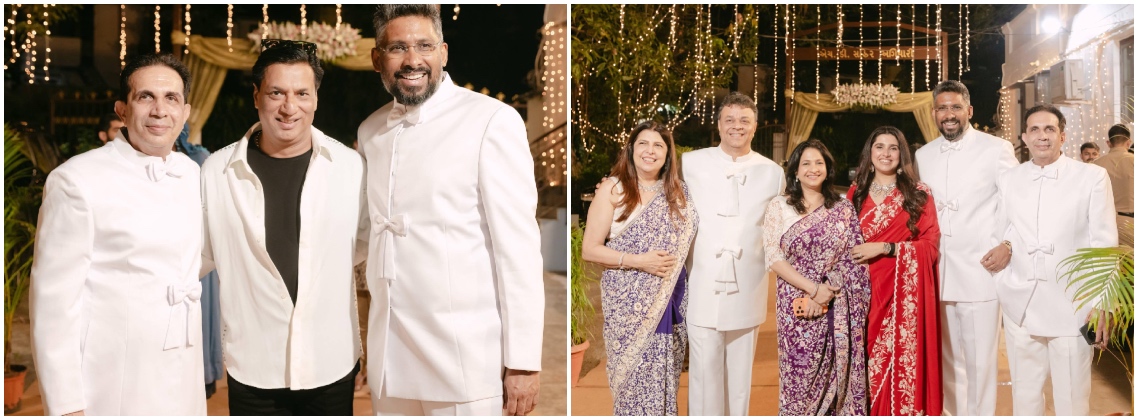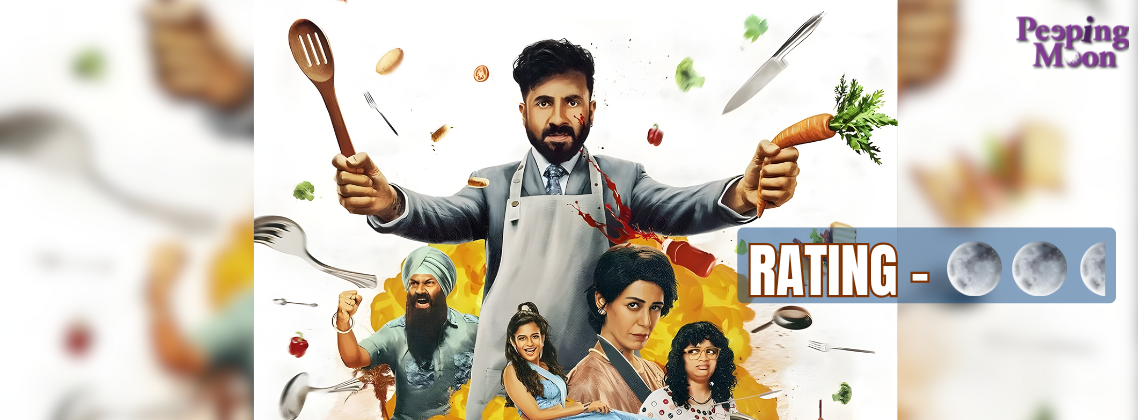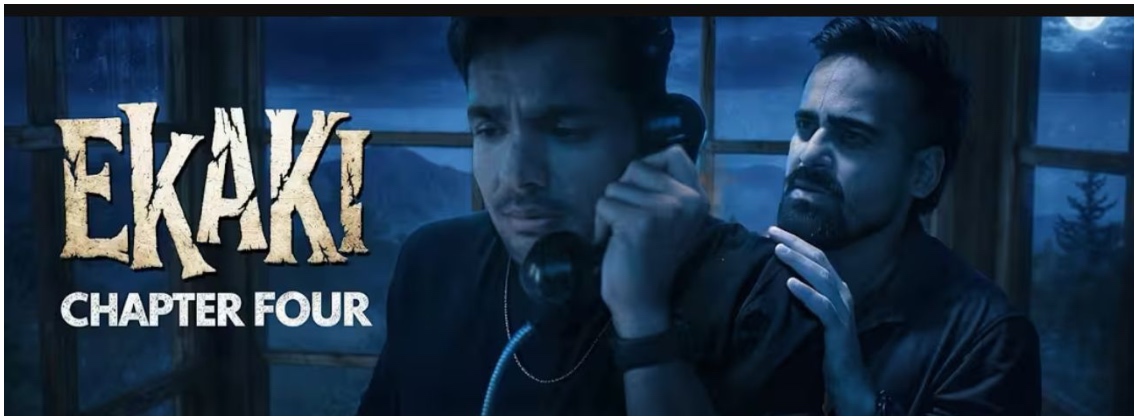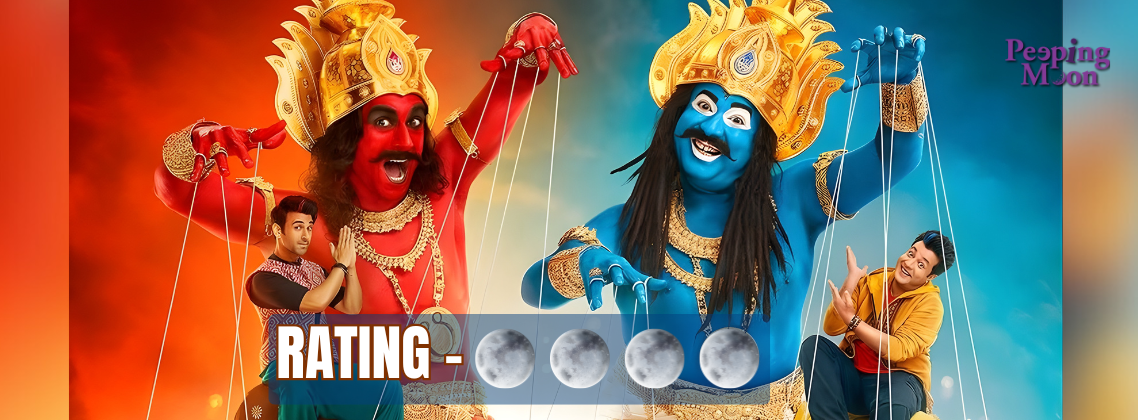Akshaye Khanna and Richa Chadha starrer Section 375: Marzi Ya Jabardasti was embroiled in a controversy when its director Manish Gupta and the producers' father-son duo Kumar Mangat and Abhishek Pathak entered into a legal tussle over the film’s script rights. However, the Indian Film and Television Director’s Association (IFTDA) ruled in the favour of the producers.
Director Manish Gupta had sent a legal notice to the father-son duo for the wrongful termination of his contract and claimed ownership over the script. However, the IFTDA stated in its ruling, “It has been proved beyond any doubt that the agreements of director/writer Manish Gupta with producer (Mangats’) Panorama Studios for film Section 375 and his complaint were contradictory and he simply wanted to harass the producer when he had been paid as per agreements and therefore committed a breach of terms of the agreement.”
RECOMMENDED READ: Richa Chadha becomes the face and voice of PETA’s ‘Save the Elephants’ campaign

Section 375: Marzi Ya Jabardasti's story is an intriguing which revolves around a rape case, ambiguous in nature, thereby baffling the judges to rule whether the incident was rape or consensual sex. Akshaye and Richa play warring lawyers who are hell-bent on proving their client’s version to be true. Akshaye plays the defense lawyer whereas Richa plays the public prosecutor.
Abhishek told a leading daily that Manish had signed an agreement with the Mangats stating that the script rights are with the producers. However, trouble started brewing when the pre-production work on the film started; Manish started misbehaving with various heads of departments including the female staff in the Mangats’ office. Therefore his contract was terminated which made him resort to threatening Akshaye and Richa and sending a legal notice through IFTDA. Abhishek said that the film will go on the floors in September-October after they finalise a director.

On the other hand, Manish maintains that he still owns the rights to the film’s script and is planning to take the matter to the High Court.











